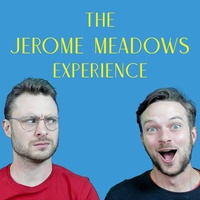搜尋自 英語 {1} 教師……
編輯精選

Santa, St. Nicholas, or Father Christmas? How Christmas Varies Across English-Speaking Countries
8 讚 · 4 留言

11 Portuguese Superstitions You Should Know
4 讚 · 0 留言

The Subjunctive: The Art of What Might Be
5 讚 · 0 留言

3 K-Contents So Addictive, You'll Forget to Read the Subtitles!
0 讚 · 0 留言

Reflecting on Your Progress: Year-End Language Journal Prompts
8 讚 · 3 留言

5 Useful Italian Phrases You’ll Use Every Day in Italy
1 讚 · 0 留言

Speak Like a Local: The French Idioms That Bring the Language to Life
5 讚 · 0 留言

Italian Reflexive Verbs: What they are and how to use them
3 讚 · 0 留言

Christmas in France: A Blend of History, Tradition, and Modern Warmth
12 讚 · 7 留言

A Taste of Christmas: Traditional Holiday Dishes Around Portugal
8 讚 · 5 留言
更多文章










